This month, I am teaching a University of Toronto course abroad in Argentina that I have been organizing for the past year. The course is called: Localizing Global Governance.
The interconnectedness of our world demands that we take more seriously than ever the call to think globally and act locally. What we do at the local level has important effects on the global environment. Providing global public goods, such as a clean and livable planet is rooted in local action. Pascal Lamy, Director General of the WTO, recently said in a lecture “global governance requires localizing global problems.” In this course we interrogate that proposition, what it means for the global environment and for the rights of local populations.
Students take the case of the environment as a global governance issue that depends on local action. The tragedy of the commons predicts that local actors (states) have little incentive to conserve the global environmental commons. Yet, we observe that this is not always true. Developing states like Argentina sometimes cooperate to protect the global environment, even to their own detriment by embarking on costly, though cleaner, development paths. Other times, these same developing states argue that they should not be expected to cooperate to provide global public goods like clean air. Why and when do developing states cooperate for the common good? We spend two weeks in the capital city of Buenos Aires to study how global, national and local environmental and development priorities interact, and then travel to Patagonia to examine two opposite cases. The case of biodiversity conservation in coastal areas hosting penguin, sea lion colonies, and whale nurseries is an example of Argentina’s decision to cooperate with a global biodiversity agenda. Yet the case of fracking, also in Patagonia, is an example of failing to cooperate with a rapidly deteriorating global climate. By investigating in-situ these divergent decisions, students will gain a unique perspective on how the global agenda is received locally, where action matters most.
We start our course in the city of Buenos Aires where I meet daily with students to discuss readings and analytical frameworks that allow us to make sense of field visits and guest speakers from national and municipal governments, the press, NGOs and think tanks. For the second half of the course, we travel to Patagonia where students spend two weeks living in a wildlife reserve and in the city of Puerto Madryn to experience first-hand the local context of both environmental conservation and exploitation.
Follow our trip log here: uoft-argentina.blogspot.com.ar

